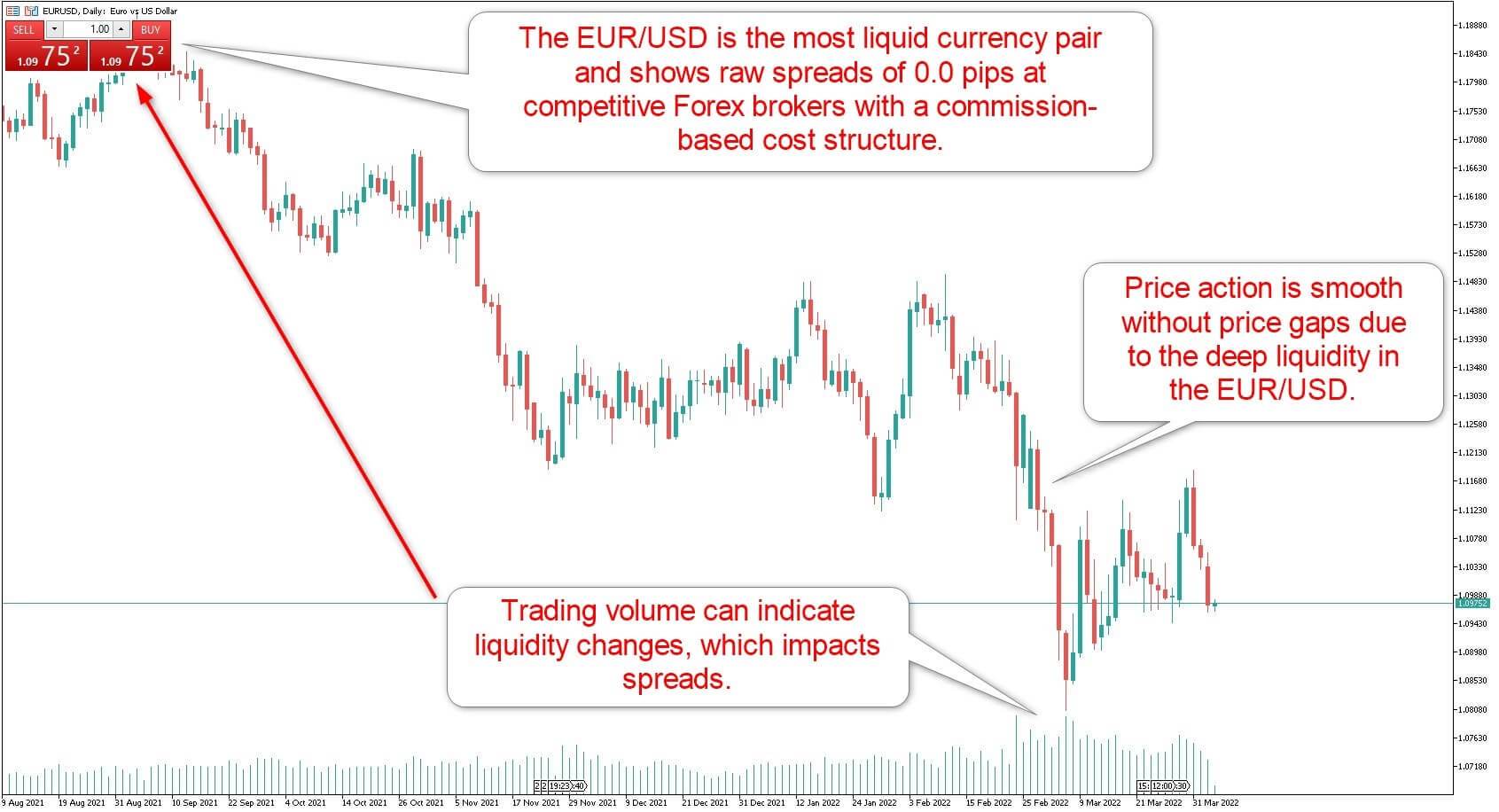
Commodity currency refers to a type of currency which has a direct connection with a commodity. This currency type can be used for buying and selling commodities such as gold, wheat, oil or crops.
The value of a commodity can increase or decrease as it is bought and sold by traders on the spot market, in futures contracts, or in options. This type of currency is typically less volatile than other currencies, and more predictable in the long run.
A backed currency is one that is based on a particular commodity, such as silver or gold, or it can be a commodity itself that can be exchanged for money. This type of currency is often used to solve the problem of divisibility because it allows an unlimited number of coins and bills to be issued. Each individual can then use money that's redeemable for certain commodities.
If you're looking to trade these currencies, it is important that you understand their workings. These currencies are linked to a variety of factors, including the economy, the GDP (gross domestic product), inflation, and interest rates.

Diversified economies may export a variety of commodities and their currencies will fluctuate according to the price. A copper-producing country, for example, may see the value of its currency rise as demand for copper increases. A country that imports a variety of metals could see the value of its currency drop as demand for these metals decreases.
In the past, currency backed by commodities has been popular. The dollar in the United States, for example, was backed with commodities before 1933. During this time, the US government valued each dollar at $1 worth of gold.
This type of currency is extremely important in low-income countries, as it gives people the opportunity to buy goods and services without having to spend large sums of money. In this way, commodity-backed currencies can help reduce poverty and inequality.
GDP (gross internal product) is a major factor in the currency of commodities. Oil and grain demand will increase when the economy grows. On the other hand, if the economy is slowing down, demand for these products will decline.
These are the main factors that influence commodity prices. The price of a commodity can fluctuate depending on the weather, the percentage of a crop planted, whether or not a certain type of oil is found, and more.

It's easier for traders to recognize patterns on forex markets because they are more stable. Trading currencies is easier when you can predict what to expect.
Forex markets are an excellent place to trade currencies backed by commodities, like the Australian dollar. The Australian Dollar is backed by a variety of commodities. The AUD is the world's largest exporter of coal and iron ore, and also has a strong connection to the value of gold, which makes it react to changes in the price of these commodities.
FAQ
What is a REIT?
A real-estate investment trust (REIT), a company that owns income-producing assets such as shopping centers, office buildings and hotels, industrial parks, and other buildings is called a REIT. These companies are publicly traded and pay dividends to shareholders, instead of paying corporate tax.
They are similar to corporations, except that they don't own goods or property.
How do I invest on the stock market
Brokers can help you sell or buy securities. Brokers buy and sell securities for you. Brokerage commissions are charged when you trade securities.
Brokers often charge higher fees than banks. Banks will often offer higher rates, as they don’t make money selling securities.
An account must be opened with a broker or bank if you plan to invest in stock.
A broker will inform you of the cost to purchase or sell securities. Based on the amount of each transaction, he will calculate this fee.
Ask your broker about:
-
The minimum amount you need to deposit in order to trade
-
Are there any additional charges for closing your position before expiration?
-
What happens if your loss exceeds $5,000 in one day?
-
How many days can you maintain positions without paying taxes
-
How much you can borrow against your portfolio
-
whether you can transfer funds between accounts
-
What time it takes to settle transactions
-
The best way to sell or buy securities
-
How to avoid fraud
-
How to get help when you need it
-
If you are able to stop trading at any moment
-
whether you have to report trades to the government
-
whether you need to file reports with the SEC
-
Whether you need to keep records of transactions
-
whether you are required to register with the SEC
-
What is registration?
-
How does it affect you?
-
Who is required to register?
-
What time do I need register?
How are shares prices determined?
The share price is set by investors who are looking for a return on investment. They want to make profits from the company. So they purchase shares at a set price. The investor will make more profit if shares go up. The investor loses money if the share prices fall.
Investors are motivated to make as much as possible. This is why they invest into companies. It allows them to make a lot.
Why is a stock security?
Security is an investment instrument whose worth depends on another company. It may be issued by a corporation (e.g., shares), government (e.g., bonds), or other entity (e.g., preferred stocks). The issuer promises to pay dividends and repay debt obligations to creditors. Investors may also be entitled to capital return if the value of the underlying asset falls.
Statistics
- The S&P 500 has grown about 10.5% per year since its establishment in the 1920s. (investopedia.com)
- Individuals with very limited financial experience are either terrified by horror stories of average investors losing 50% of their portfolio value or are beguiled by "hot tips" that bear the promise of huge rewards but seldom pay off. (investopedia.com)
- Ratchet down that 10% if you don't yet have a healthy emergency fund and 10% to 15% of your income funneled into a retirement savings account. (nerdwallet.com)
- Our focus on Main Street investors reflects the fact that American households own $38 trillion worth of equities, more than 59 percent of the U.S. equity market either directly or indirectly through mutual funds, retirement accounts, and other investments. (sec.gov)
External Links
How To
How can I invest into bonds?
A bond is an investment fund that you need to purchase. The interest rates are low, but they pay you back at regular intervals. You make money over time by this method.
There are many ways you can invest in bonds.
-
Directly buying individual bonds
-
Buying shares of a bond fund.
-
Investing through a bank or broker.
-
Investing through financial institutions
-
Investing with a pension plan
-
Invest directly with a stockbroker
-
Investing via a mutual fund
-
Investing via a unit trust
-
Investing in a policy of life insurance
-
Private equity funds are a great way to invest.
-
Investing in an index-linked investment fund
-
Investing with a hedge funds